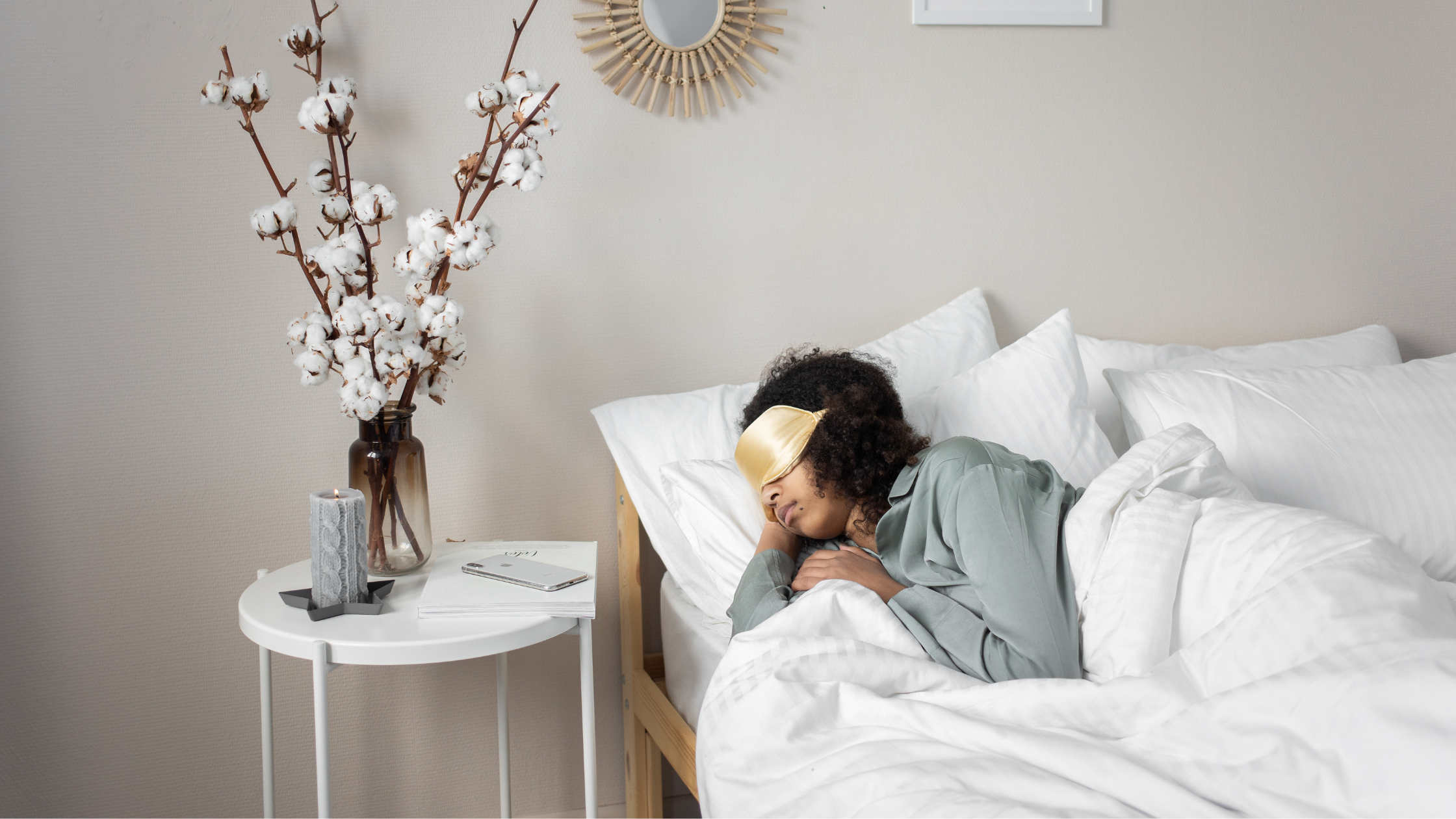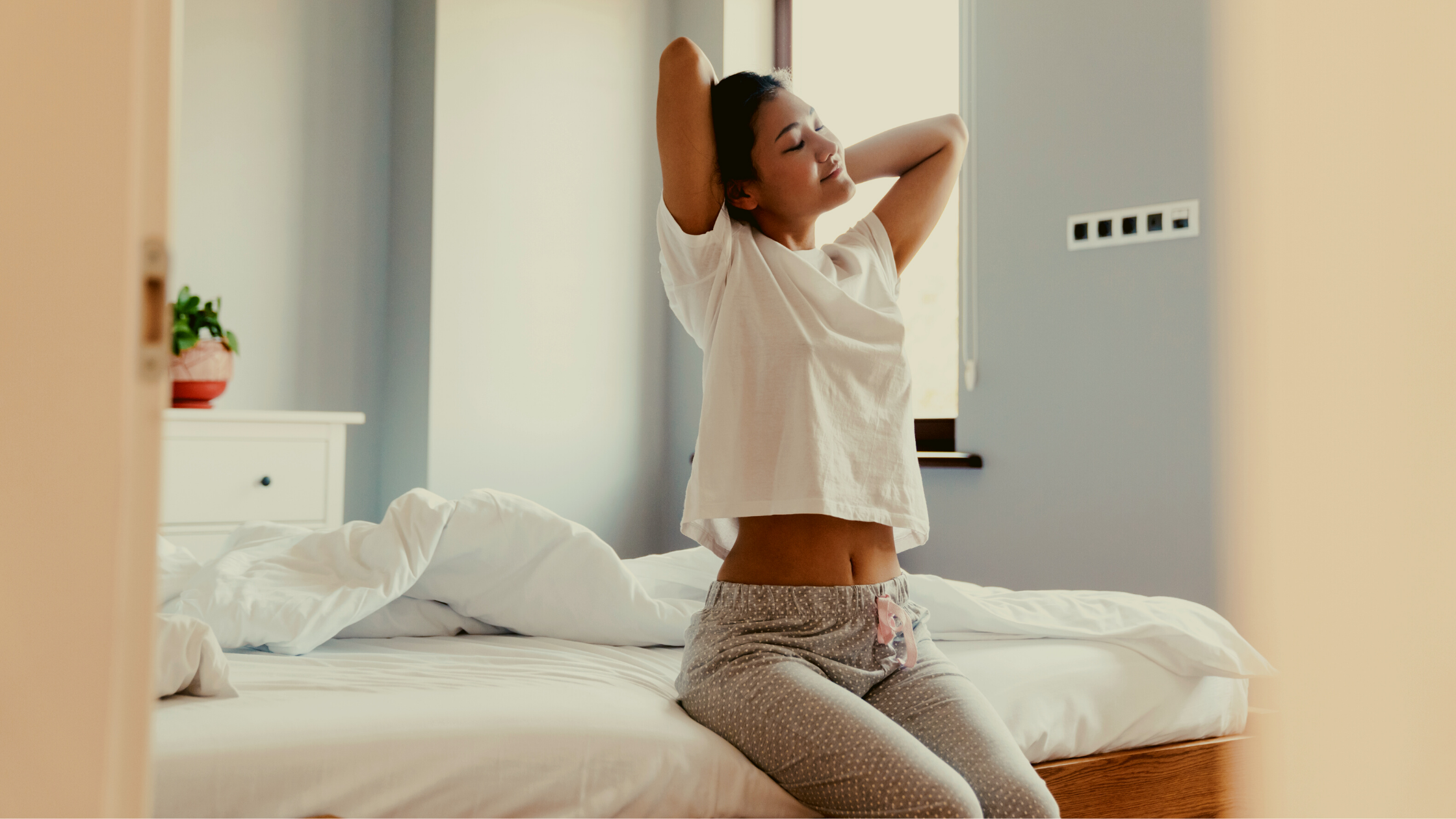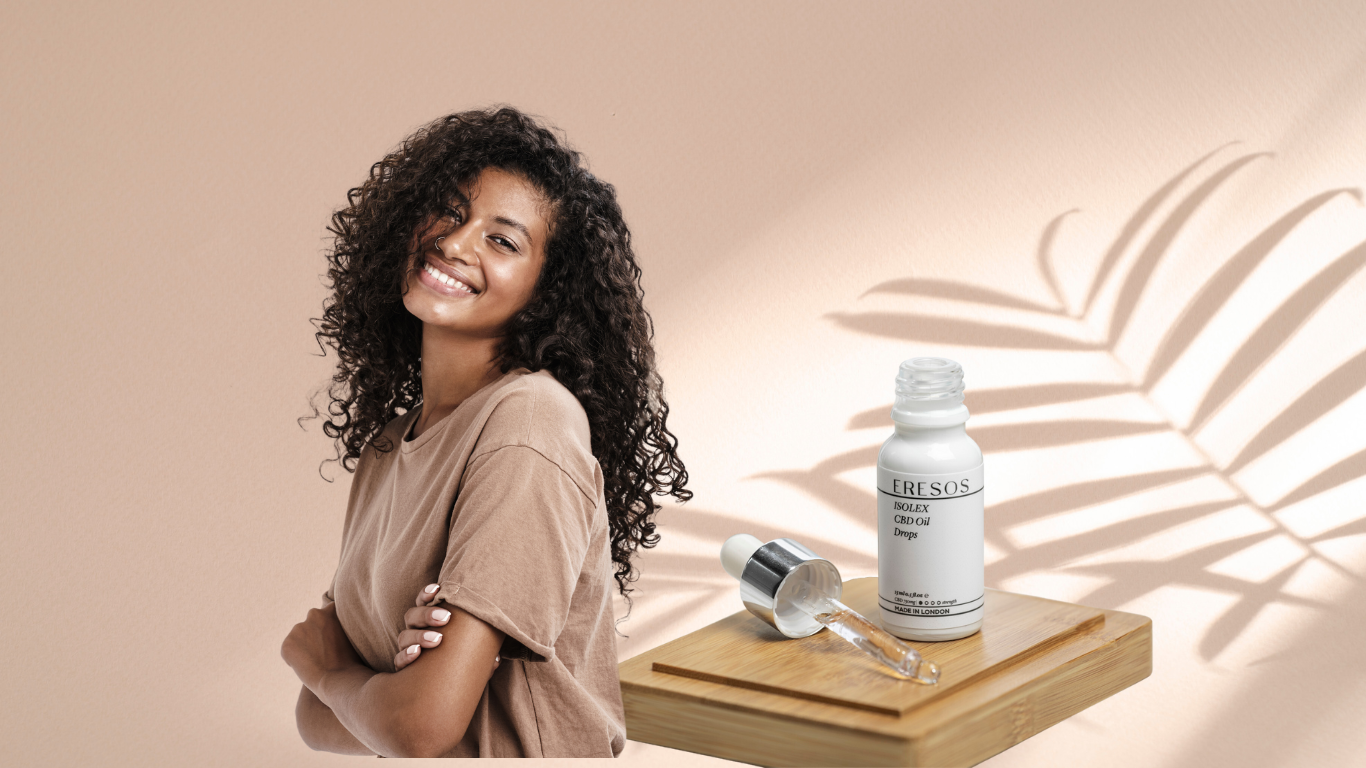
The Science Behind Getting a Good Night's Sleep
Understanding Sleep Cycles
Sleep is not a uniform state, but rather a complex process that involves different stages. Understanding these stages can help you optimise your sleep and wake up feeling refreshed.
|
|
There are four main stages of sleep: |
Stage 1, Stage 2, Stage 3, and REM (Rapid Eye Movement) sleep. Each stage plays a unique role in the sleep cycle and contributes to overall sleep quality.
During Stage 1, you are in a light sleep and can easily be awakened.
In Stage 2, your brain waves slow down and your body temperature drops.
Stage 3 is deep sleep, also known as slow-wave sleep, where your body repairs and regenerates tissues.
Finally, REM sleep is characterised by rapid eye movements and vivid dreaming.
By understanding these stages and their importance, you can make adjustments to your sleep routine and create an environment that promotes optimal sleep quality.
Understanding Importance of Sleep Hygiene
Sleep hygiene refers to the habits and practices that can promote better sleep. Creating a comfortable sleep environment is essential for getting a good night's sleep. This includes having a comfortable mattress and pillows, keeping the room cool and dark, and minimising noise and distractions.
Establishing a consistent bedtime routine can also help signal to your body that it's time to sleep. This can include activities such as reading a book, taking a warm bath, or practicing relaxation techniques. Avoiding stimulants like caffeine and electronic devices before bed is also important for promoting better sleep. In addition, make sure you wash your bedsheets at least once a week to avoid bacteria build up, which can cause breakouts and skin inflammation.
 |
IntroducePlants |
Many indoor plants are adept at purifying the air by absorbing toxins and releasing oxygen. Improved air quality can lead to a healthier and more conducive sleep environment, promoting better respiratory function and reducing the risk of sleep disturbances caused by allergens or pollutants.

In addition, studies have shown that the presence of plants can reduce stress and anxiety levels. As stress is a common barrier to falling asleep, having plants in your bedroom can create a calming atmosphere that encourages relaxation and mental tranquility, making it easier to unwind before bedtime
Understand The Effects of Blue Light
Understand how exposure to blue light from electronic devices can disrupt sleep and learn strategies to minimise its impact.
Blue light, which is emitted by electronic devices such as smartphones, tablets, and computers, can have a significant impact on sleep quality. Exposure to blue light in the evening can suppress the production of melatonin, a hormone that helps regulate sleep-wake cycles. This can make it more difficult to fall asleep and can disrupt the quality of sleep throughout the night.

To minimise the impact of blue light on sleep, it is recommended to limit exposure to electronic devices in the hours leading up to bedtime. This can include using blue light filters on devices, wearing blue light-blocking glasses, or simply avoiding screen time altogether before bed. By reducing exposure to blue light, you can improve your sleep quality and promote a more restful night's sleep.
Managing Stress and Anxiety
Stress and anxiety can have a significant impact on sleep quality, making it difficult to fall asleep and stay asleep throughout the night. Fortunately, there are techniques that can help manage and reduce stress and anxiety, leading to improved sleep.

Some effective strategies include practicing relaxation techniques such as deep breathing exercises, meditation, and progressive muscle relaxation. Engaging in regular physical activity can also help reduce stress and promote better sleep. Additionally, establishing a consistent bedtime routine and creating a relaxing sleep environment can contribute to a more restful night's sleep.
Create a Tranquil Environment
Creating a tranquil space in your bedroom can significantly improve the quality of your sleep by fostering a serene and conducive environment. Sleep is a vital aspect of overall well-being, and various factors contribute to the ability to rest peacefully. A tranquil space serves as a sanctuary, promoting relaxation and restfulness, thereby addressing common obstacles that disrupt sleep patterns.
A serene bedroom environment promotes a sense of calmness and reduces stress and anxiety. By eliminating clutter and incorporating soothing elements, such as soft colours, comfortable bedding and aromatic scents, the mind can unwind more easily, allowing for a smoother transition into sleep. This positive ambience encourages the brain to release hormones like melatonin, which are instrumental in regulating the sleep-wake cycle.
Moreover, the association between a tranquil bedroom and sleep becomes a conditioned response over time. When individuals repeatedly experience restful nights in such an environment, their brains develop an association between the bedroom and relaxation. As a result, merely entering this space can trigger a physiological response that prepares the body for sleep.
By incorporating elements that promote relaxation and adopting a consistent bedtime routine, you can significantly enhance your sleep quality, ultimately leading to improved overall well-being and daytime productivity. Investing in a tranquil bedroom is an investment in your health and vitality, enabling you to awaken each morning feeling rejuvenated and ready to face the day with renewed energy.
In a society when we are ‘always on’, CBD has been recognised as having huge potential in tackling a number of sleep cycle disorders including insomnia, nightmares, even environmental factors, such as loud noises or an uncomfortable bed. If you're ready to incorporate CBD into your sleep routine and build healthy bedtime habits, then why not try our pillow mist for an instant relief. To build up a better sleep routine in the long term, we recommend taking a daily dose of our oil drops, which contain a synthesis of premium quality CBD and MCT oil, designed to calm, soothe and ease your mind, body and soul.





